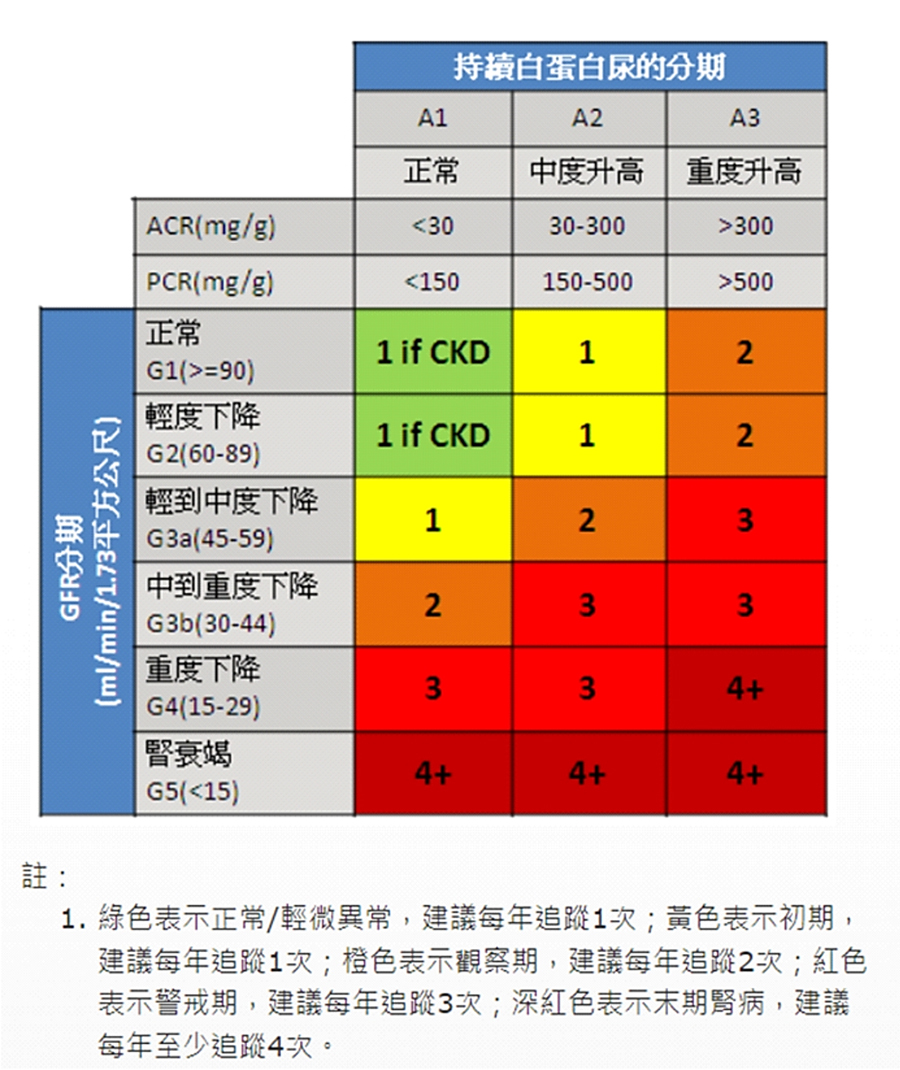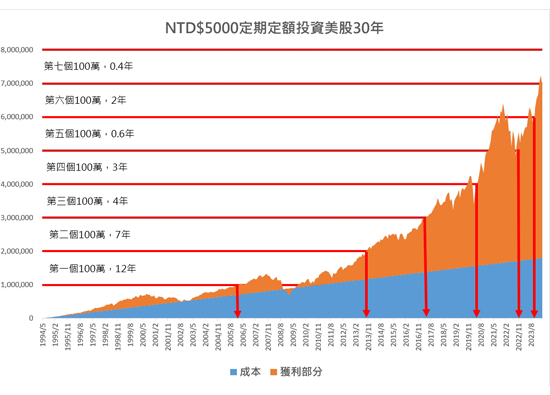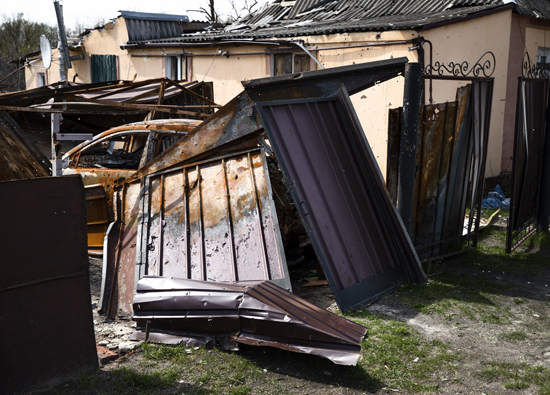09.2024 Life Guide
How much do you know about the renal strength index?
Dr. Xu Shiping, Nephrology Department, Far Eastern Memorial Hospital /

 The kidneys are one of the important organs in the human body, which excrete waste by producing urine and maintain water, electrolyte, and acid-base balance in the body. When kidney function deteriorates or becomes abnormal, it can cause related symptoms and even require dialysis or kidney transplant to maintain life. Currently, about 12% of the population in Taiwan has chronic kidney disease, and 100000 people are undergoing dialysis treatment. This issue of the "Health Column" provides a basic introduction to kidney disease, reminding everyone to seek early diagnosis and treatment if they notice any abnormalities in their body, to avoid emergencies and accidents, and to slow down the deterioration and delay entering the dialysis stage.
The kidneys are one of the important organs in the human body, which excrete waste by producing urine and maintain water, electrolyte, and acid-base balance in the body. When kidney function deteriorates or becomes abnormal, it can cause related symptoms and even require dialysis or kidney transplant to maintain life. Currently, about 12% of the population in Taiwan has chronic kidney disease, and 100000 people are undergoing dialysis treatment. This issue of the "Health Column" provides a basic introduction to kidney disease, reminding everyone to seek early diagnosis and treatment if they notice any abnormalities in their body, to avoid emergencies and accidents, and to slow down the deterioration and delay entering the dialysis stage. Do you know your renal strength index? How to evaluate the quality of kidney function?
Do you know your renal strength index? How to evaluate the quality of kidney function?The key indicators of kidney strength are kidney detoxification function and urine protein level. Kidney detoxification function is mainly judged based on the concentration of creatinine in the blood. If the concentration of creatinine in the blood of adult males exceeds 1.0 (mg/dL) or in females exceeds 0.9 (mg/dL), attention should be paid to whether the renal detoxification function is abnormal; If it is higher than 8-10 mg/dL, it may be necessary to detoxify through dialysis. Physicians will input an individual's age, gender, and blood creatinine concentration into a formula to calculate the "estimated glomerular filtration rate (eGFR)" and understand the efficiency of kidney detoxification.
If the eGFR of an average adult is above 60 (ml/min/1.73m2), the renal detoxification function is within the normal range; If it is already below 5-10 (ml/min/1.73m2), renal dialysis treatment may be necessary. If the kidney detoxification function does not recover or improve for more than 3 months, it is chronic kidney disease, which is divided into five stages:
Phase 1: If there is proteinuria, hematuria, stones or other abnormalities, even if the glomerular filtration rate is above 90 (ml/min/1.73m2), it still belongs to Phase 1.
Phase 2: The filtration rate of renal glomeruli is between 60-89 (ml/min/1.73m2).
Stage 3: The filtration rate of renal glomeruli is between 30-59 (ml/min/1.73m2), which can be further divided into stage 3A (45-59) and stage 3B (30-44).
Stage 4: The filtration rate of renal glomeruli is between 15-29 (ml/min/1.73m2).
Stage 5: The filtration rate of renal glomeruli is less than 14 (ml/min/1.73m2), or dialysis treatment has been received.
In addition to roughly categorizing the severity of kidney disease in each stage, the medical team also adopts different health education and treatment strategies to care for kidney patients based on this.
What is proteinuria? What impact will it have if it is too low?
When blood passes through the kidneys, the vast majority of proteins in the blood are not filtered out. However, when the filtration or recovery function of the kidneys is abnormal, although the detoxification function (evaluated by creatinine concentration or glomerular filtration rate) may be within the normal range, proteins in the blood will still be lost from the kidneys and detected in urine, known as proteinuria.
The proteins in the blood are mainly albumin and globulin. Unless otherwise specified, proteinuria refers to the amount of total protein lost in the urine. The traditional method is to collect 24-hour urine to calculate the amount of proteinuria for a day. Currently, most calculations are based on the concentration ratio of protein to creatinine in urine samples collected on the spot. Generally, the daily proteinuria of adults does not exceed 0.15 grams. If the proteinuria exceeds 3.5 grams, the protein concentration in the blood will decrease, and edema will occur when the albumin concentration is less than 3.0 g/dL (normal value: 3.5-5.5 g/dL), which is called nephrotic syndrome.
What should kidney friends with proteinuria do?
Kidney friends with proteinuria, even if they have not yet experienced severe foamy urine, edema, or abnormal kidney detoxification function, the more proteinuria they have, the more severe it becomes, and the faster the damage to kidney function accumulates over time. It is recommended to ask a doctor to consider the overall condition and prescribe medication that can improve proteinuria, and regularly track it.
On the other hand, one of the main manifestations of kidney disease caused by diabetes is the presence of albumin in the urine. Therefore, most medical personnel use albumin creatine ratio (ACR; mg/day or mg/g Cr) as the tracking index, with the normal value<30; 30~300 is the microalbuminuria stage of diabetes nephropathy; If it exceeds 300, it enters the macroalbuminuria phase. Converted into the amount of proteinuria (PCR; mg/g Cr), it roughly corresponds to<150 (normal), 150-500 (moderate elevation), and>500 (severe elevation). Therefore, in addition to continuous control of blood sugar, blood pressure and blood fat, diabetes patients also need to regularly track the changes of albuminuria.
If the renal detoxification function deteriorates and the urine protein or albuminuria becomes more severe, the renal function will continue to deteriorate, and the risk of dialysis or kidney transplant may even increase (as shown in Table 1).
Note: This table references the 2012 KDIGO Clinical Guidelines for the Evaluation of Chronic Kidney Disease, and evaluates the prognostic risk of chronic kidney disease based on renal glomerular filtration rate and albuminuria staging. This model has been evaluated by the Taiwan Society of Nephrology and is suitable for prognostic risk assessment of chronic kidney disease patients in Taiwan. (Screenshot from the "Health Savings Card" digital program page of the Central Health Insurance Agency of the Ministry of Health and Welfare)
epilogue
Early kidney disease may not necessarily have symptoms. It is advisable to pay more attention to daily life and dietary habits. If there are five unknown symptoms such as excessive urine bubbles, swelling, high blood pressure, anemia, and fatigue, please seek medical attention. A nephrologist will further arrange blood and urine tests to evaluate whether kidney disease has been diagnosed. In addition, people with a family history of kidney disease, diabetes or hypertension should check their renal function regularly, which is helpful to grasp the status of renal function as soon as possible. If you want to know your kidney strength index, you can also use the adult health examination paid by National Health Insurance or go to the nephrology clinic for blood and urine tests.
*Dr. Xu Shiping's expertise includes kidney disease, hematuria, proteinuria, acute kidney injury, chronic kidney disease, end-stage kidney disease, hemodialysis, peritoneal dialysis, kidney transplantation, and other internal medicine diseases.





















